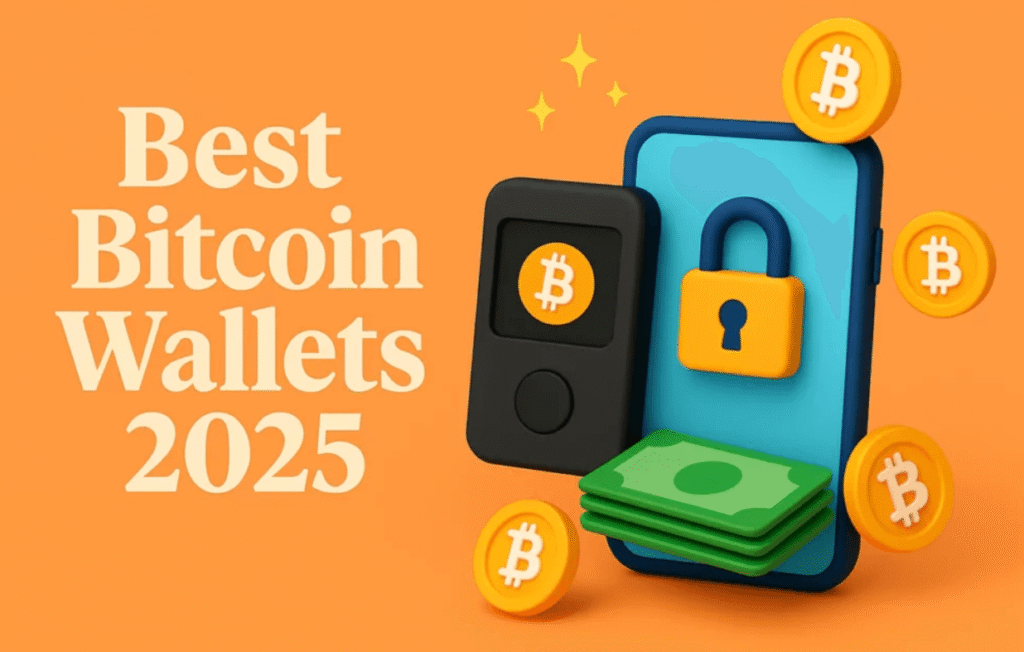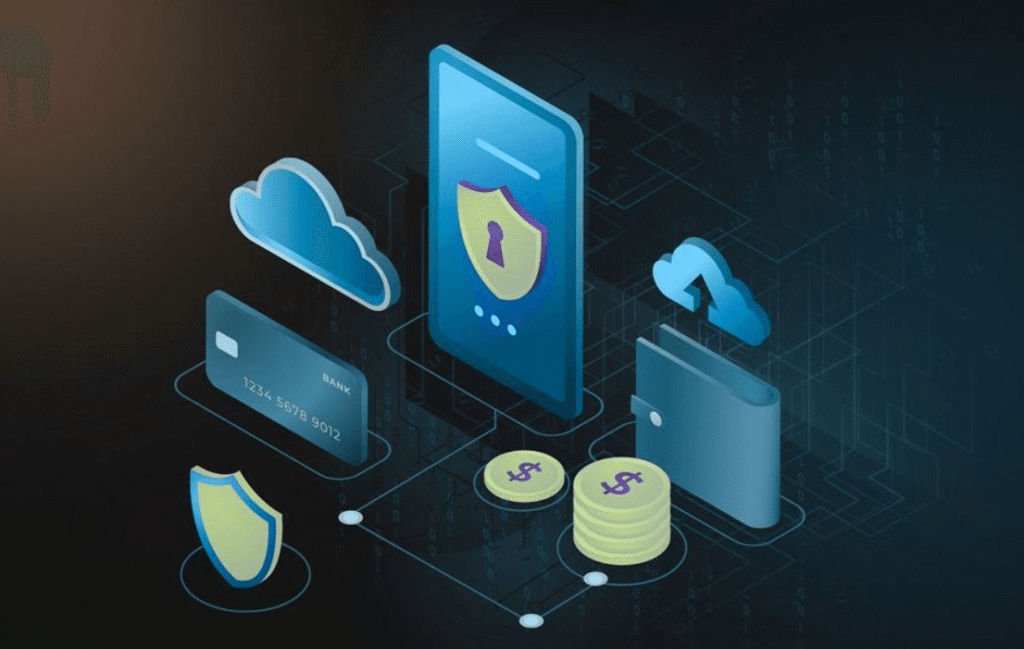In recent years, blockchain technology has evolved from a buzzword associated solely with cryptocurrency into a foundational innovation that is transforming the digital economy. It promises secure, decentralized, and tamper-proof systems that have the potential to disrupt traditional institutions and reshape how individuals and organizations interact across various sectors.
From decentralized finance (DeFi) to supply chain management, identity verification, and healthcare, blockchain’s adoption is expanding at an unprecedented pace. This article delves into how blockchain is rising in finance—and how its real-world applications are impacting industries far beyond the financial world.
The Impact of Blockchain Technology in Financial Systems
Blockchain’s influence in finance is not just disruptive—it’s revolutionary. From eliminating intermediaries to enhancing transparency, the integration of blockchain into financial systems is creating opportunities for innovation while improving security and efficiency.
Here’s how blockchain is reshaping finance:
- Decentralized Finance (DeFi):
Blockchain removes banks and intermediaries from the financial ecosystem. Through smart contracts on platforms like Ethereum, users can lend, borrow, trade, and earn interest without traditional institutions. - Cross-Border Transactions:
Traditional wire transfers can take days and include hefty fees. Blockchain allows cross-border payments in minutes, with reduced costs and no need for intermediaries. - Digital Asset Tokenization:
Real-world assets like real estate or artwork can be tokenized into blockchain-based assets. This provides liquidity, allows fractional ownership, and facilitates round-the-clock trading. - Fraud Reduction and Transparency:
Every blockchain transaction is recorded immutably, making it impossible to alter once verified. This significantly reduces fraud and ensures clear audit trails in all financial activities.
💰 High CPC Insight: Financial keywords like “DeFi platforms,” “crypto trading,” and “blockchain banking solutions” generate high-value traffic for advertisers, making this content ideal for AdSense monetization.
H3: Key Blockchain Use Cases in Finance (Table Format)
| Application Area | Blockchain Solution | Benefit Provided | Example Platform |
| Banking & Payments | Cross-border crypto payments | Instant transactions, lower fees | Ripple (XRP), Stellar |
| Lending & Borrowing | Smart contract-based DeFi lending | No intermediaries, passive income | Aave, Compound |
| Investment & Trading | Tokenized asset platforms | 24/7 trading, fractional ownership | Securitize, tZERO |
| Insurance | Automated claims via smart contracts | Faster processing, fraud reduction | Etherisc |
| Personal Finance | Crypto wallets & staking protocols | User control over assets, yield generation | MetaMask, Ledger, Lido |
H4: Beyond Finance — How Blockchain is Transforming Other Industries
While finance may have been the first sector to embrace blockchain, the technology’s broader capabilities are being recognized across various domains. From healthcare to supply chains, legal industries, and even governments, blockchain is facilitating a shift toward trustless, automated, and highly transparent systems.
1. Healthcare
- Secure Medical Records:
Patients can own and share their health data via blockchain, reducing redundancy and preventing tampering. - Drug Authentication:
Blockchain enables pharmaceutical companies to verify the authenticity and distribution of drugs, combating counterfeits.
2. Supply Chain Management
- Traceability and Transparency:
Every stage of a product’s journey—from raw materials to retail shelves—can be tracked on the blockchain. - Sustainability Verification:
Certifications like organic, fair trade, or carbon-neutral can be validated in real-time.
3. Legal and Intellectual Property
- Smart Contracts:
Agreements can be self-executed without third parties, reducing legal costs and dispute resolution time. - IP Rights Management:
Creators can register digital works on the blockchain, establishing ownership and licensing rights securely.
4. Government and Identity
- Digital IDs:
Citizens can own blockchain-based digital identities, making authentication safer and more efficient. - Voting Systems:
Tamper-proof and transparent voting platforms increase voter confidence and participation.
📈 Trend Watch: Gartner predicts that blockchain will generate over $3.1 trillion in business value by 2030—proof that its growth is not limited to crypto enthusiasts.
H5: Advantages of Blockchain Across Industries
Blockchain’s success isn’t accidental—it’s driven by a collection of technical advantages that solve existing challenges across industries:
- Immutability: Once data is written, it cannot be altered.
- Decentralization: No single point of failure or control.
- Security: Advanced cryptography ensures data safety.
- Transparency: Every transaction can be publicly verified.
- Automation: Smart contracts execute transactions without human involvement.
🛠️ The versatility of blockchain is what makes it such a revolutionary force—especially for businesses seeking automation, transparency, and cost efficiency.
H6: Blockchain Integration Challenges
While blockchain has immense potential, its widespread adoption comes with a few notable challenges:
- Scalability: Most blockchains struggle with high transaction volumes.
- Regulatory Uncertainty: Many countries lack clear frameworks around crypto and blockchain usage.
- Energy Consumption: Proof-of-work blockchains (like Bitcoin) are resource-intensive.
- Interoperability: Blockchains often operate in silos, limiting communication between networks.
⚠️ Overcoming these challenges will require cross-industry collaboration, regulatory modernization, and ongoing technical development.
FAQ: What Are the Best Use Cases for Blockchain Technology?
FAQ 1: Where is blockchain technology most effective today?
Blockchain is most effective in areas requiring high security, transparency, decentralization, and auditability. The top use cases include:
| Sector | Use Case Example | Why It Works Well with Blockchain |
| Finance | DeFi lending, cross-border payments | Eliminates intermediaries and fraud risks |
| Healthcare | Secure medical data sharing | Ensures privacy, traceability, and access |
| Supply Chain | Food traceability, product verification | Transparent and verifiable at every stage |
| Government | Digital identity, blockchain voting | Enables trust, reduces corruption |
| Insurance | Automated smart contract claims | Speeds up processing, prevents fraud |
These areas benefit from blockchain’s inherent features, making the technology an ideal fit for modern digital infrastructures.
Final Thoughts
The rise of blockchain marks the beginning of a new era in digital trust and innovation. No longer confined to just powering cryptocurrencies, blockchain is now a robust tool reshaping finance, healthcare, supply chains, government systems, and beyond.
As the world becomes increasingly digitized, understanding and embracing blockchain will be critical for businesses, governments, and individuals alike. Early adopters stand to benefit the most, as blockchain paves the way for decentralized systems, secure interactions, and greater autonomy in both personal and professional settings.
Bonus Summary Table: Blockchain in Finance and Beyond
| Sector | Blockchain Use Case | Impact |
| Finance | DeFi, Cross-border Payments | Increased access, reduced cost |
| Healthcare | Health Record Sharing | Privacy, interoperability |
| Legal | Smart Contracts | Cost reduction, faster execution |
| Supply Chain | Traceability, Authenticity Checks | Reduced fraud, transparent sourcing |
| Government | Digital IDs, Voting Systems | Increased trust, reduced bureaucracies |
🔑 Embrace blockchain not just as a technology, but as an ideological shift toward decentralized, user-empowered systems.







